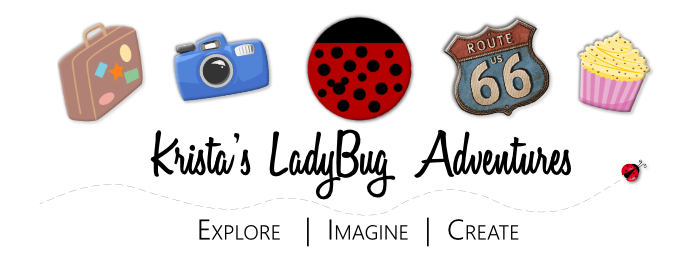“When did people start to see in color?”
Initially, the question threw me off guard. First, a little back story. I was in the middle of teaching a small group of fourth graders a California Gold Rush lesson when a boy named Kenny asked this. My first instinct was that Kenny was trying to be funny because he had the reputation of being a jokester (a.k.a. the class clown). But then I realized that Kenny’s question was sincere and my response would be one of those small moments that had a big impact.
For just over two decades I was an elementary school teacher and taught second through sixth grades. Through the years I had the joy and privilege of teaching countless students and have many cherished memories about the students I taught and families I worked with during my career. Of all my classroom experiences, this encounter with Kenny is one that has stuck with me and helped me to appreciate looking at something from another person’s perspective.
In California, fourth grade is when students learn the state’s history – starting with the Native Americans and continuing through each era of history. Building up to statehood in 1850 and beyond to California’s economic and technological impact of today. One of the key units for students during this historical timeline is the discovery of gold in 1848 and the Gold Rush of 1849. Similar to other 4th grade classrooms in the Golden State, my classroom bulletin board was covered with copies of historical photos from the Gold Rush era.
During this particular small group lesson, Kenny was one of about 8 to 10 students who were sitting at the carpet area and they were facing the bulletin board of historic photos. I was facing the students so my back was to the pictures. Kenny raised his hand and I called on him. “When did people start to see in color?” I paused before answering him and realized what he had been looking at throughout the lesson – the Gold Rush pictures.
After I quickly concluded his question wasn’t a prank, I responded, “Kenny, people have always seen in color, but we didn’t have the technology to take photographs in color at first.” You see, all of the historic photos on the Gold Rush bulletin board were in black and white, which was all we had available for photography in the mid-1800s. This seemed to satisfy Kenny and the lesson moved on.

White and Chinese miners at Auburn Ravine, California; circa 1852. Photo Credit: Daguerreotype by J. B. Starkweather. Public domain. (www.shmoop.com/california-gold-rush/photo-chinese)
Later that day when I reflected on this dialogue with Kenny, I was thankful that I had taken the time to fully consider his question and hadn’t assumed he was trying to be funny before answering him.
Every day we have experiences that at the time seem like small moments. However when we look back on them we realize it had a big impact. I have no way of knowing what impact this encounter had on Kenny, but I know that it helped bring home a valuable lesson for me on how to consider another person’s perspective and to not simply jump to a conclusion.
Do you have an experience about something that seemed small at the time, but later had a big impact on your life or how you approach a situation? If you’re willing to share it, please do so in the comments section.
Comments welcome and shares appreciated. Subscribe for email notifications when new posts are published.
Follow me on social media. Facebook | Bloglovin’ | Instagram | Pinterest | Twitter
Disclosure of Material Connection: I have not received any compensation for writing this post. I have no material connection to the brands, products, or services that I have mentioned. I am disclosing this in accordance with the Federal Trade Commission’s 16 CFR, Part 255: “Guides Concerning the Use of Endorsements and Testimonials in Advertising.”


Please note: I reserve the right to delete comments that are offensive or off-topic.